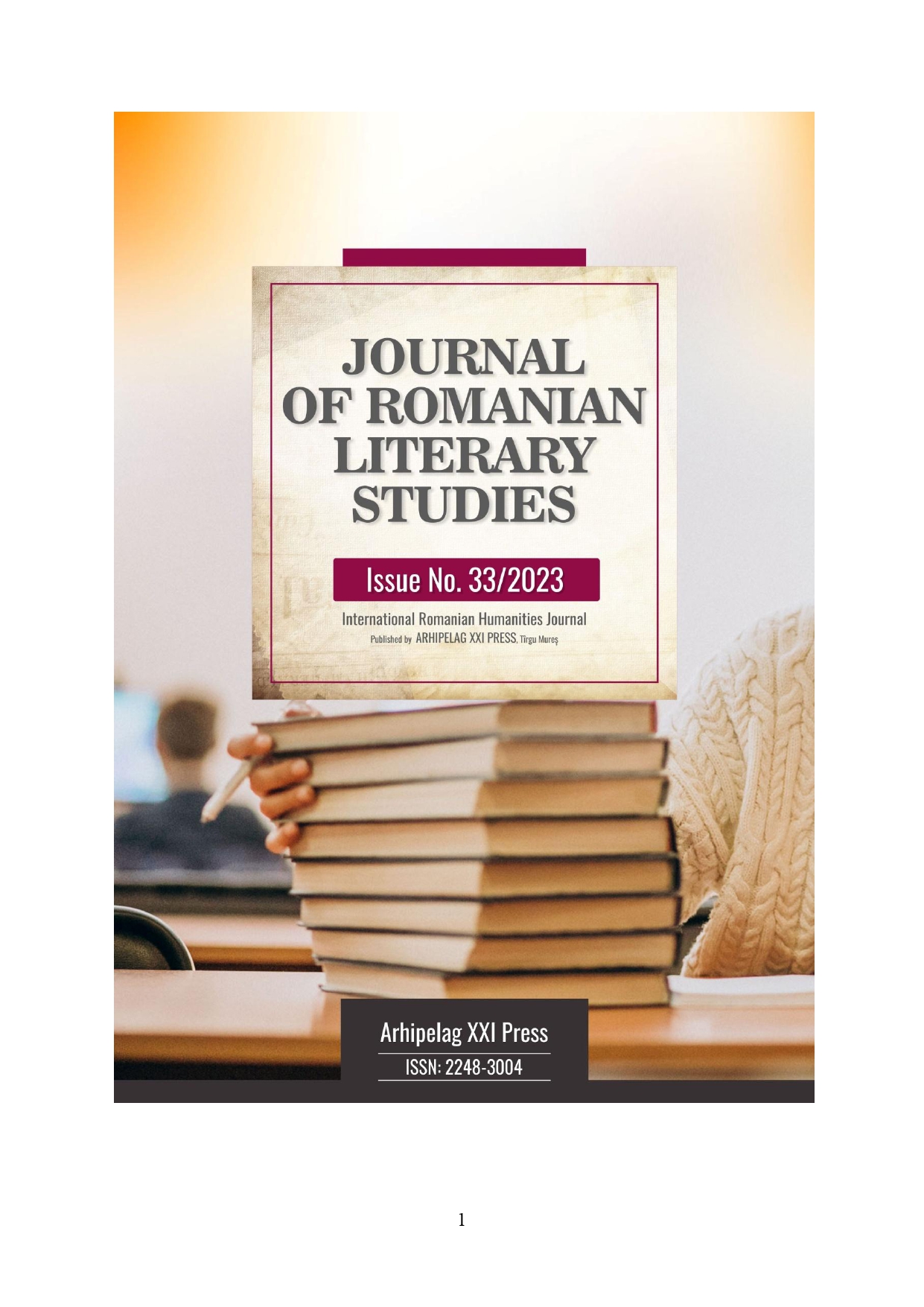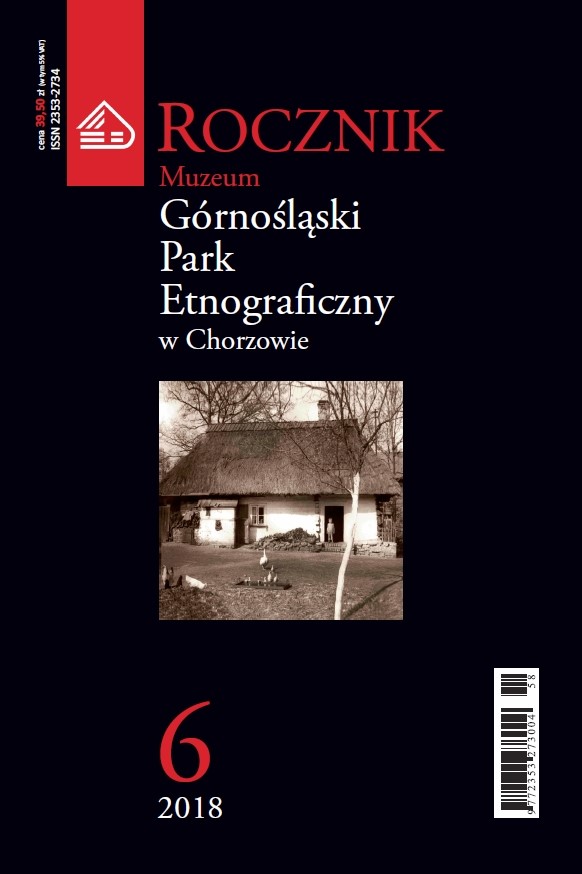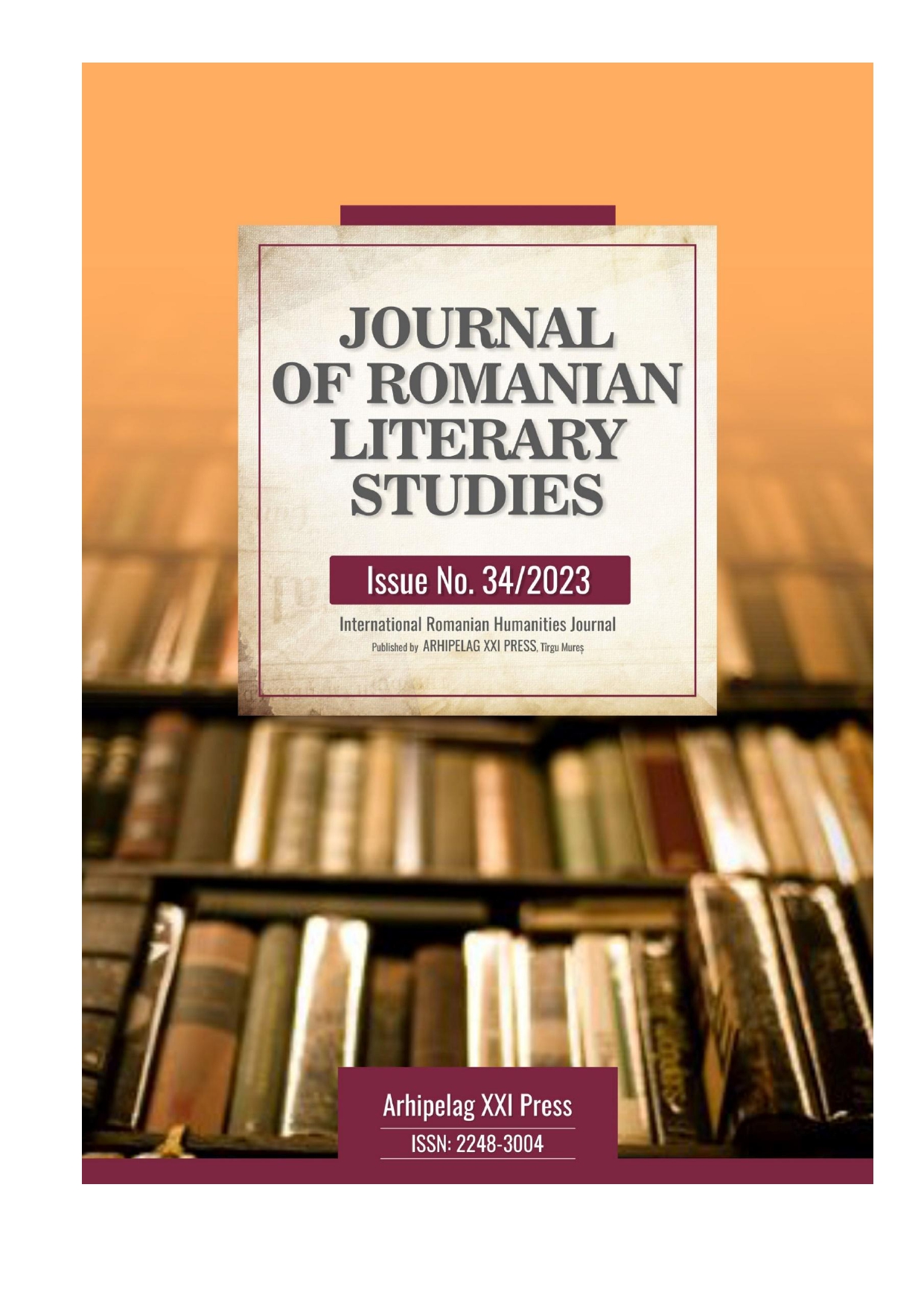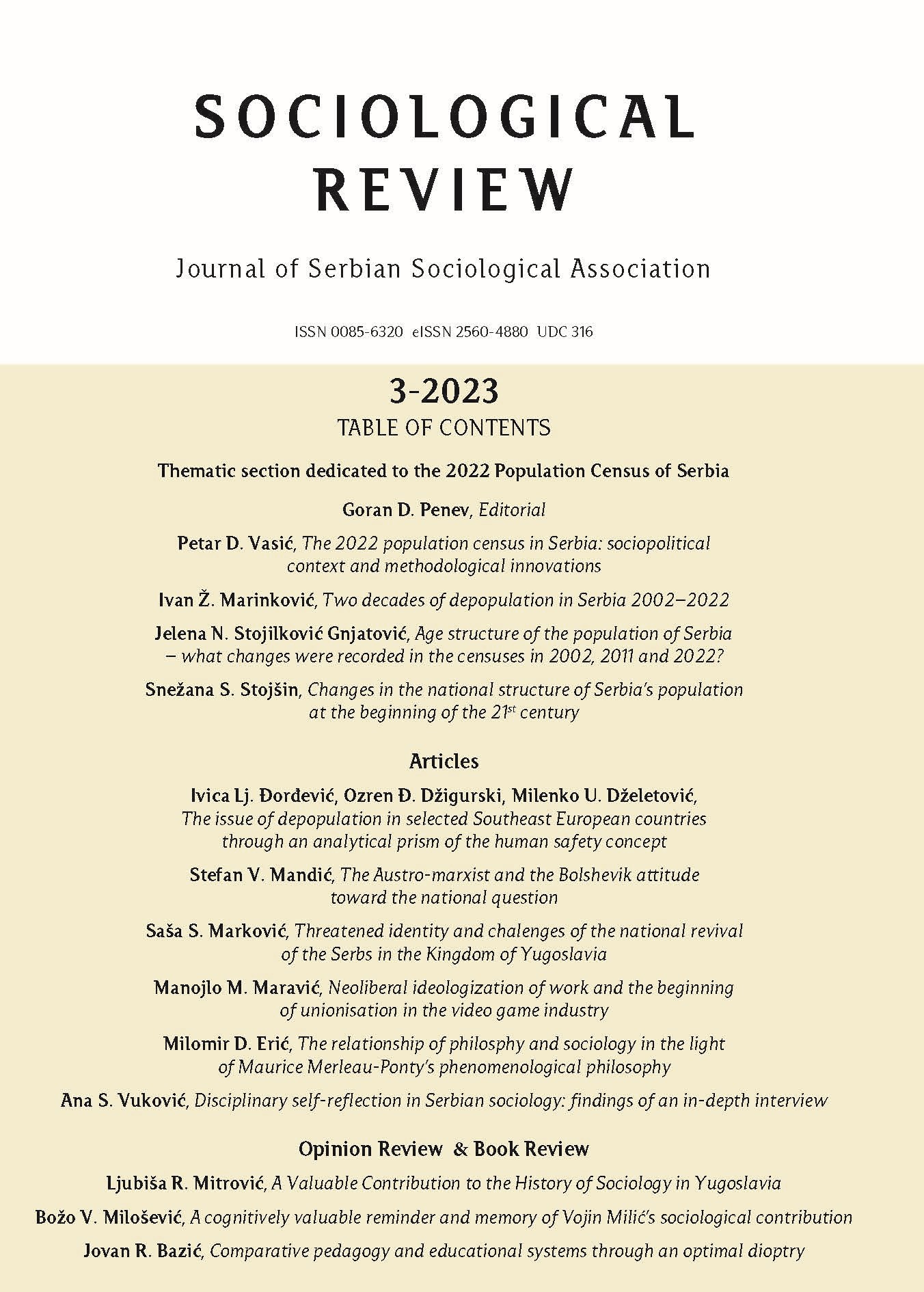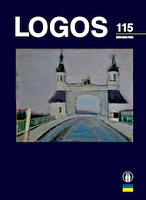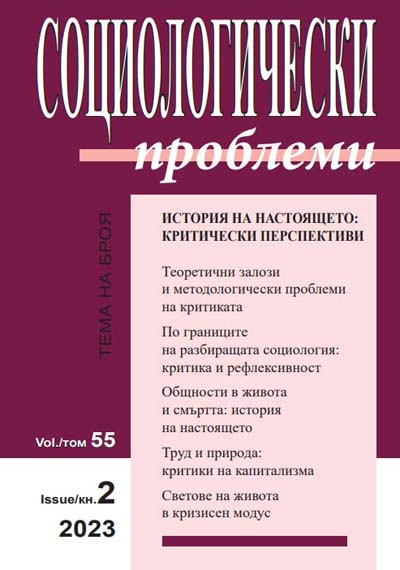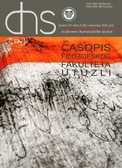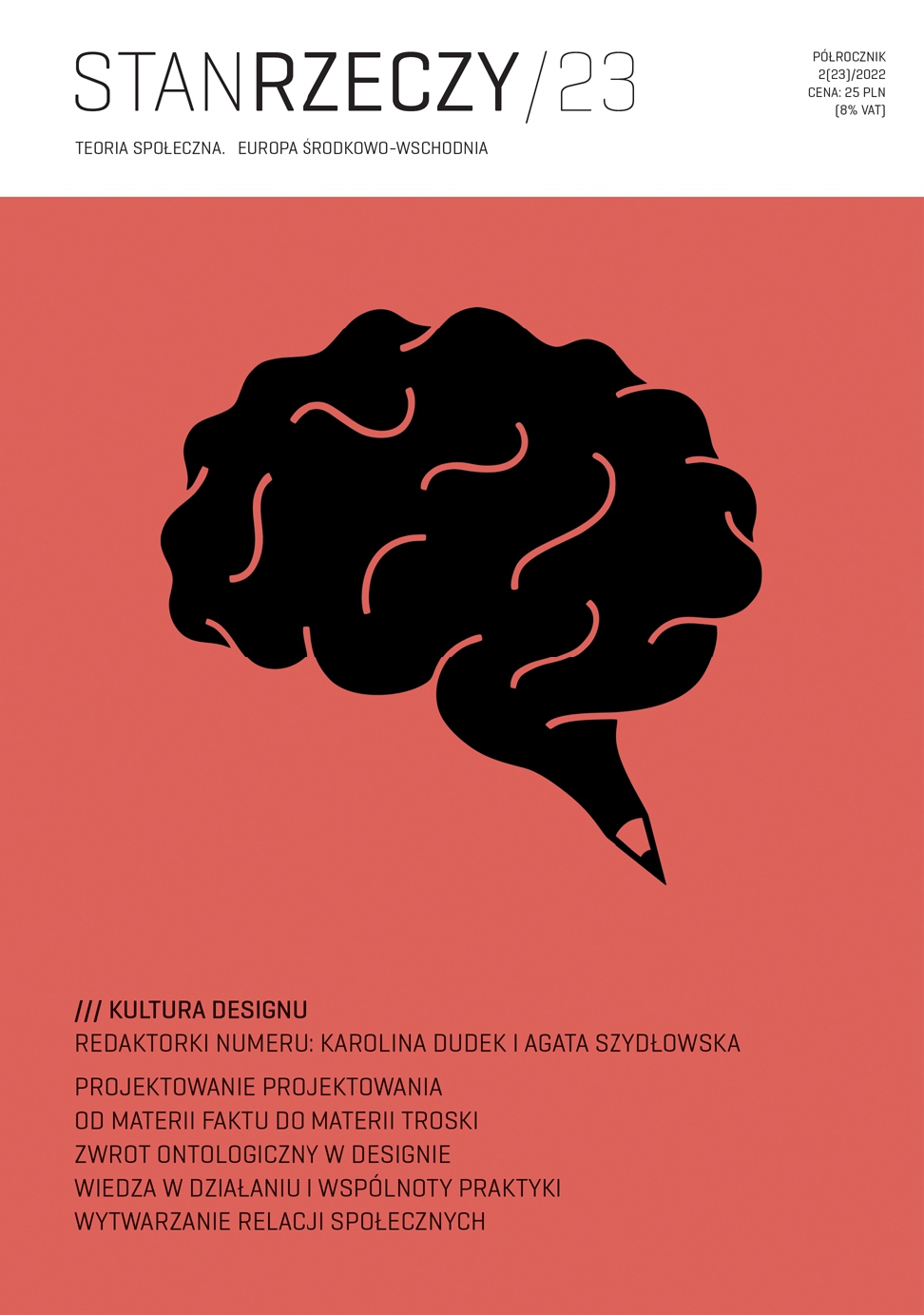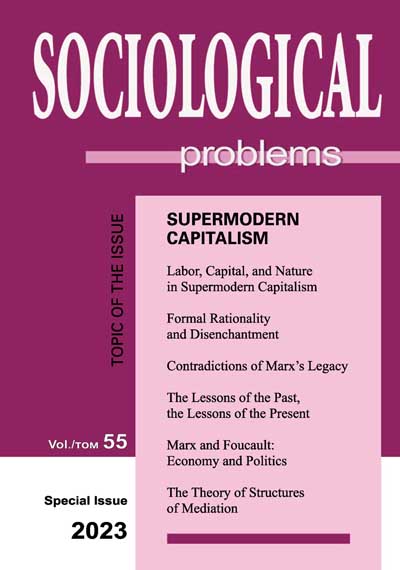Author(s): Gina-Geta Fojica-Chiroiu / Language(s): English
Issue: 33/2023
In Jane Austen’s Emma, social status plays a significant role in the characters’ lives, particularly for the protagonist, Emma Woodhouse. Emma, a wealthy and privileged young woman, believes that no man is worthy of her hand in marriage due to her high social standing. Meanwhile, Harriet Smith and Jane Fairfax, both lacking in social status and fortune, face limited marriage prospects. Emma, influenced by her own vanity, attempts to shape Harriet’s destiny by discouraging her from accepting a proposal from a suitable farmer, Mr. Martin, and instead encouraging her to pursue a match with the respected but uninterested Mr. Elton. Emma’s misguided meddling continues as Harriet develops feelings for Emma’s close friend, Mr. Knightley, whom Emma believes is far above Harriet’s social station. In contrast, Jane Fairfax, despite her lack of fortune, is highly accomplished and educated, making her a potential match for higher social status. Ultimately, Austen pairs Harriet with Mr. Martin, the most suitable partner for her, and rewards Jane’s intelligence and accomplishments by uniting her with Frank Churchill, a man of similar social standing. Throughout the novel, competition arises among the female characters, driven by Emma’s vanity and desire for control. However, these competitions serve a purpose, leading Emma to confront her true feelings for Mr. Knightley and ultimately find her own happiness. This article also explores the influence of privacy and courtship rules in the novel which represent a mirror for the social interactions in the eighteen century. The characters’ visits and social gatherings reveal levels of intimacy and attachment. Misunderstandings arise due to the characters’ inability to express their feelings openly. The novel features six marriages, some successful and others influenced by social status or misguided matchmaking attempts. Ultimately, the story highlights the importance of genuine love, social conventions, and clear communication in relationships.
More...
